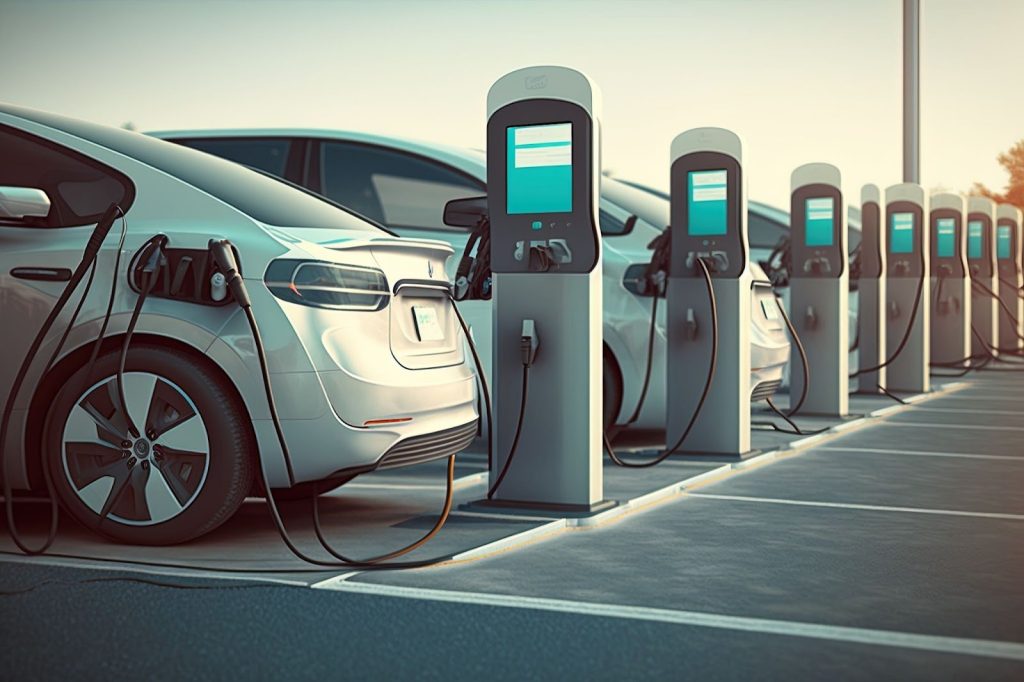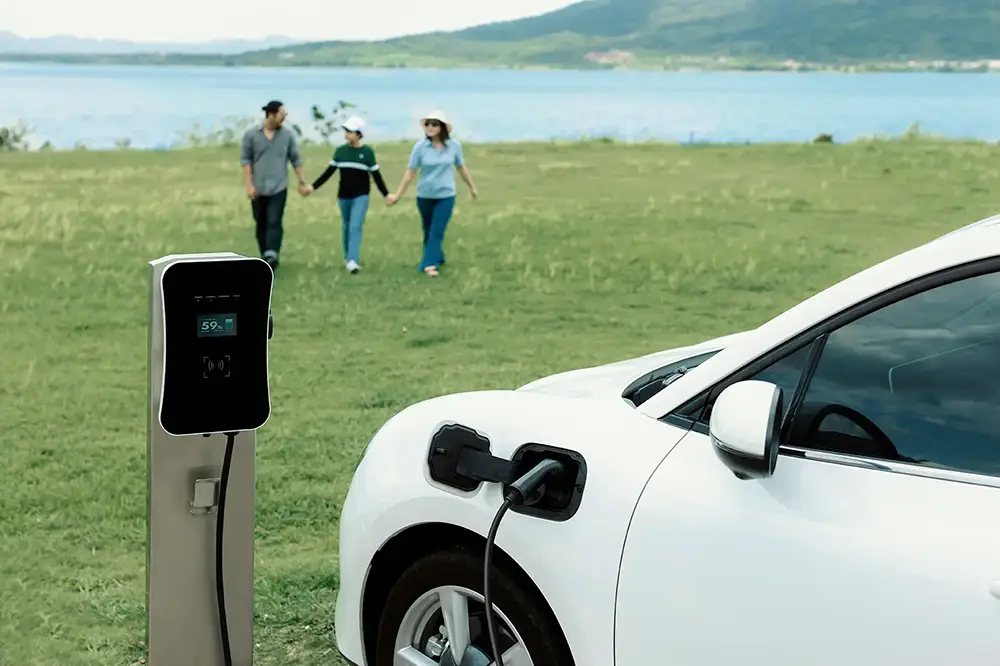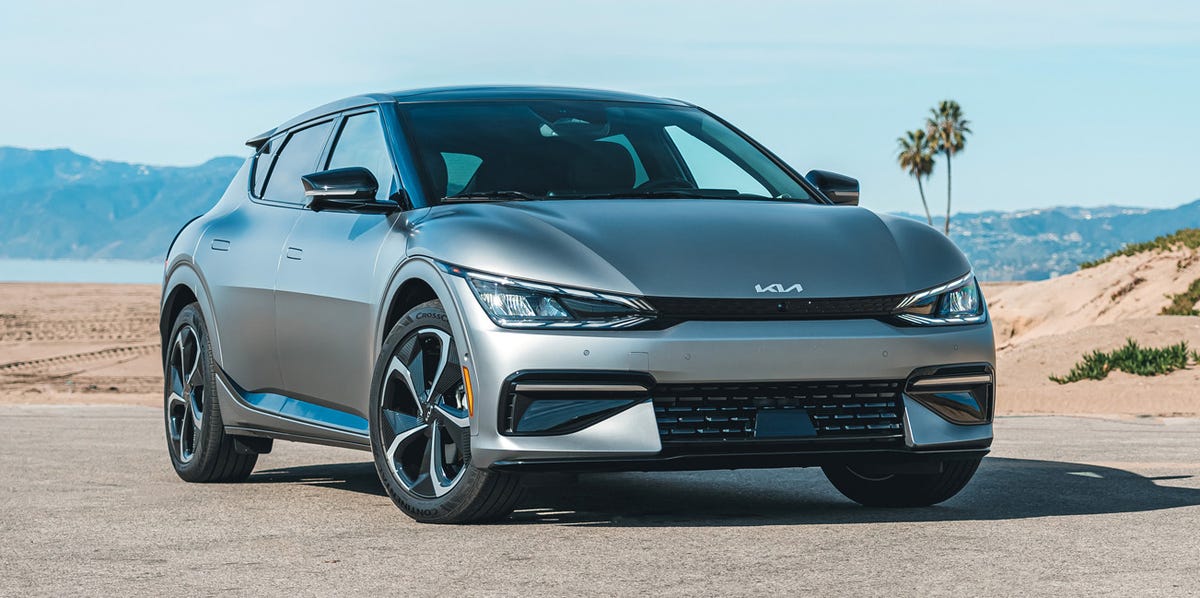Overview of Ev Purchase Incentives

In today’s rapidly evolving automotive landscape, ev purchase incentives are a key component driving the shift towards electric vehicles (EVs). As governments and organizations around the world prioritize sustainability and emissions reduction, these incentives have become crucial for consumers looking to make environmentally-friendly choices while also maximizing their financial benefits. This article aims to provide a comprehensive overview of the various incentives available for purchasing electric vehicles, exploring federal, state, local, and unique programs that can help buyers reduce costs and enhance their experience with EV ownership.
Introduction to EV Purchase Incentives
Electric vehicle adoption has been on the rise in recent years, thanks to technological advancements, increasing public awareness of climate change, and the growing availability of charging infrastructure. The role of ev purchase incentives cannot be understated in making electric vehicles more accessible to the average consumer.
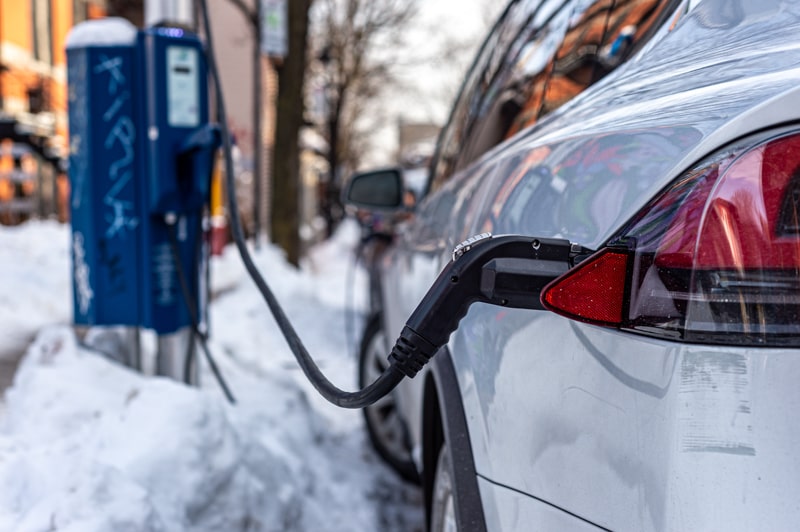
These incentives can take many forms—from tax credits and rebates to grants and charging station installations—each designed to encourage the transition to cleaner transportation options. Understanding these incentives is essential for prospective EV buyers who want to take full advantage of the financial benefits and ensure they are making informed decisions about their purchases.
What Are EV Purchase Incentives?
EV purchase incentives are financial advantages provided by federal, state, or local governments aimed at reducing the cost burden associated with purchasing an electric vehicle.
These incentives often come in the form of:
- Tax Credits: A dollar-for-dollar reduction in the amount of income tax owed.
- Rebates: Cash rewards given to consumers after the purchase of an EV.
- Grants: Funds provided to support the purchase or installation of EV-related infrastructure.
- Reduced Registration Fees: Discounts on vehicle registration costs for electric vehicle owners.
Each program may have specific eligibility requirements and varying amounts of financial assistance to accommodate different types of buyers, whether individuals, businesses, or fleet operators.
Why Incentives Matter When Buying an Electric Vehicle
Understanding the importance of ev purchase incentives can significantly impact the overall cost of ownership for electric vehicle buyers.
- Financial Relief: The upfront cost of electric vehicles is generally higher than that of traditional gasoline-powered cars. Incentives help bridge this gap, making EVs more financially accessible.
- Encouraging Sustainable Choices: By providing financial incentives, governments aim to promote the adoption of eco-friendly vehicles, contributing to a reduction in greenhouse gas emissions and air pollution.
- Boosting Infrastructure Development: Many incentives are linked to the development of charging networks, enhancing convenience for EV users and further encouraging adoption.
- Market Growth: Increased demand for electric vehicles can stimulate innovation and competition among manufacturers, leading to better technology and lower prices in the long run.
Federal EV Purchase Incentives
At the national level, federal EV purchase incentives play a vital role in promoting electric vehicle adoption across the United States. Understanding the specifics of these incentives can empower potential buyers to make informed decisions.
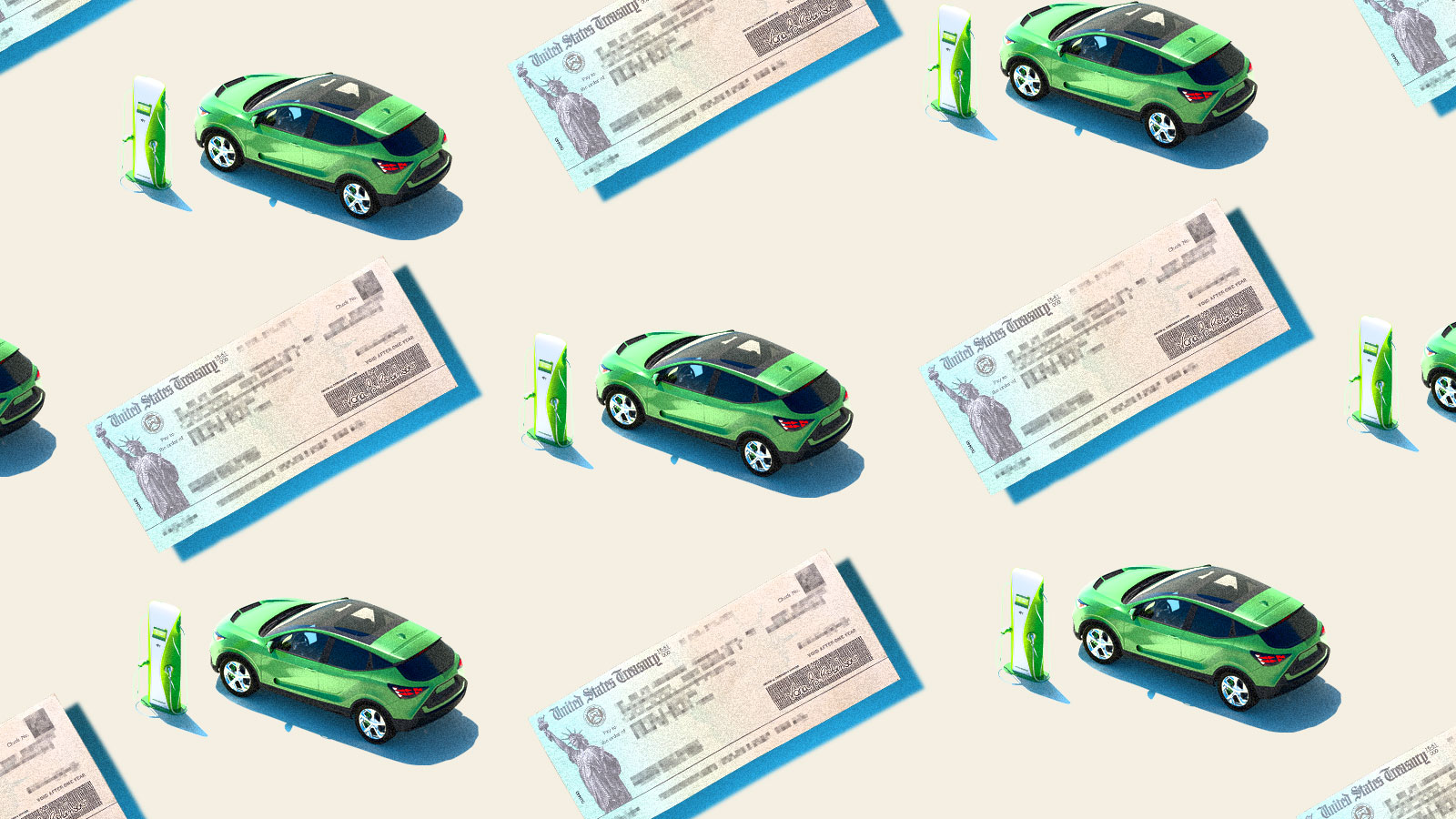
The Clean Vehicle Tax Credit (Up to $7,500)
One of the most significant federal incentives available for new electric vehicle purchases is the Clean Vehicle Tax Credit, which provides up to $7,500 in tax relief.
- Eligibility: To qualify for the full credit, the electric vehicle must meet specific criteria, including being purchased new and meeting certain battery capacity standards.
- Phase-Out Period: It’s crucial to note that the Clean Vehicle Tax Credit phases out once a manufacturer sells 200,000 eligible EVs. This means that some popular models may no longer qualify as they approach this limit.
Eligibility Requirements for Federal Incentives
To claim the Clean Vehicle Tax Credit, buyers need to ensure they meet the following eligibility requirements:
- Qualified Vehicles: The vehicle must be certified by the EPA as an electric or plug-in hybrid vehicle.
- Individual Taxpayer Status: Claimants must file taxes in the U.S. and owe enough tax liability to benefit from the credit.
- Purchase Date: The vehicle must have been purchased after December 31, 2009, and before any specified cut-off dates established by the IRS.
- Manufacturer Restrictions: Some manufacturers may have specific conditions regarding their eligibility based on production numbers.
How to Claim Federal EV Tax Credits
Claiming the Clean Vehicle Tax Credit involves several straightforward steps:
- Gather Documentation: Collect the necessary paperwork, including the vehicle purchase invoice and the Manufacturer’s Certificate of Origin.
- Form 8936: Fill out IRS Form 8936, which specifically addresses the Qualified Plug-in Electric Drive Motor Vehicle Credit.
- File Your Taxes: Submit Form 8936 along with your annual tax return to receive the appropriate credit.
- Consult a Tax Professional: For those uncomfortable navigating tax filings, consulting an accountant can ensure accurate submission and maximized savings.
State and Local EV Incentives Across the U.S.
While federal incentives provide substantial benefits, many states and local governments offer additional programs to further encourage the adoption of electric vehicles. These varied incentives can significantly influence the total cost of ownership for an EV.
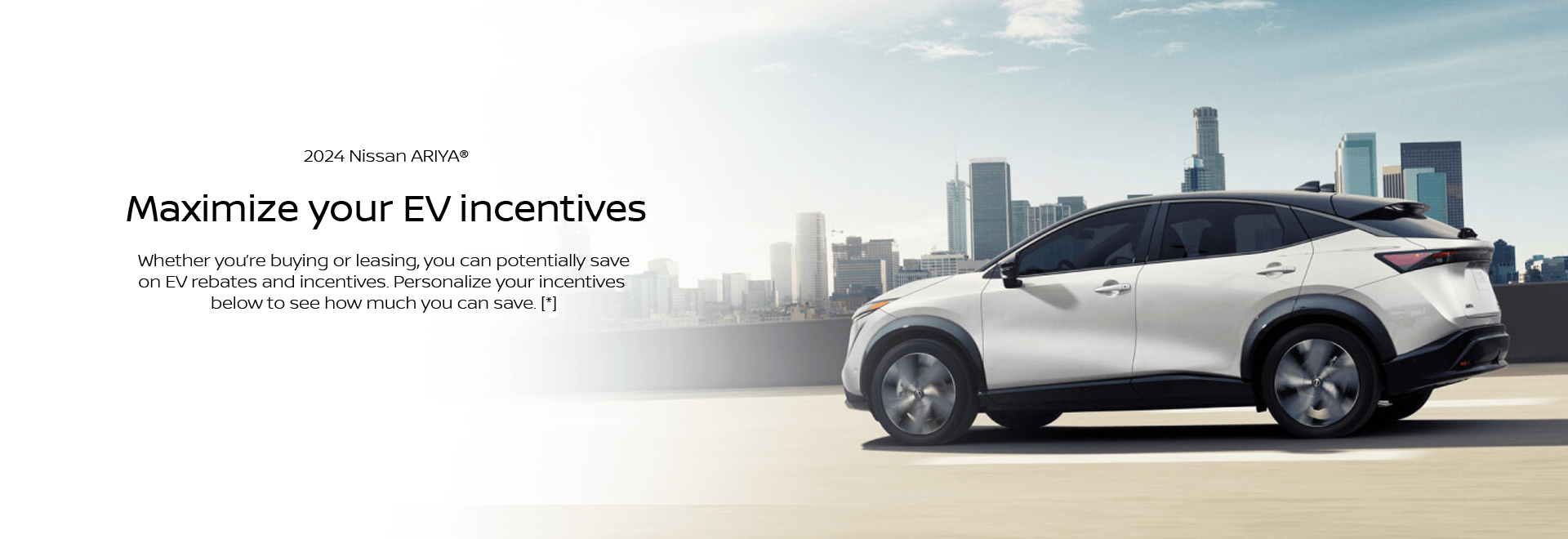
Popular State-Level EV Rebates and Tax Credits
States like California, New York, and Colorado have recognized the importance of providing additional incentives:
- California: Offers a rebate program called the Clean Vehicle Rebate Project (CVRP), granting up to $2,000 for eligible EV purchases.
- New York: Has implemented the Drive Clean Rebate program, offering rebates up to $2,000, depending on the vehicle price.
- Colorado: Provides a state tax credit of up to $5,000 for qualifying EV purchases.
These incentives can lead to substantial savings, and they vary based on both the type of vehicle and the buyer’s income level.
Utility Company Programs and Charging Incentives
In addition to state-level incentives, many utility companies have developed their own programs to support electric vehicle adoption. These may include:
- Discounted Electricity Rates: Time-of-use rates that allow EV owners to charge their vehicles during off-peak hours at a lower rate.
- Free Charging Stations: Some utilities invest in public charging infrastructure, sometimes providing free charging options for EV drivers.
- Rebate Programs for Home Charging Stations: Financial incentives to install home EV charging equipment, making it more convenient for EV owners.
How to Find Incentives in Your State
Finding available incentives in each state requires research, but several resources can streamline this process:
- Department of Energy Website: The DOE provides an extensive database of available state and local incentives.
- Local Government Websites: City or county websites often list available programs and incentives tailored to residents.
- EV Dealerships: Local dealerships may also be aware of current incentives and can help buyers navigate available options.
Special Incentives for Businesses and Fleets
As electric vehicles gain popularity among individual consumers, businesses and fleet operators are increasingly taking advantage of special incentives designed for larger-scale EV integration.
Commercial EV Tax Credits
Businesses purchasing electric vehicles may qualify for the same federal tax credits as individual consumers; however, there are additional benefits specific to commercial purchases:
- The Business Energy Investment Tax Credit (ITC): This credit allows businesses to deduct a percentage of the cost of installing EV chargers from their federal taxes.
- Additional Depreciation: Certain EVs may qualify for accelerated depreciation through Section 179, allowing businesses to recover costs more quickly.
Grants and Fleet Upgrade Programs
Many states and regional entities offer grant programs aimed at helping businesses transition their fleets to electric power:
- Federal Programs: Programs like the Congestion Mitigation and Air Quality Improvement (CMAQ) program provide funding for projects aimed at reducing congestion and improving air quality, which may include electric vehicle upgrades.
- State-Specific Programs: Some states have dedicated funds to assist businesses in replacing older, less efficient vehicles with electric alternatives.
Benefits of Fleeting Electric Vehicles
Transitioning a fleet to electric vehicles not only aligns with corporate social responsibility goals but can also lead to significant cost savings:
- Reduced Fuel Costs: Electric vehicles typically have lower operating costs than gasoline vehicles, particularly over high mileages.
- Maintenance Savings: EVs have fewer moving parts, resulting in reduced maintenance expenses over their lifetime.
- Positive Brand Image: Companies adopting green practices may see enhanced reputations, attracting customers who value sustainability.
EV Incentives for Used and Leased Vehicles
While much of the focus has been on new electric vehicles, it’s important to understand the incentives available for used and leased options as well.
What Incentives Are Available for Used EVs?
Incentives for used electric vehicles are becoming more common as policymakers recognize the importance of boosting the secondary market:
- State Tax Credits and Rebates: Some states offer tax credits for used EV purchases, similar to those available for new vehicles.
- Dealer Promotions: Various dealerships may provide promotional discounts or financing offers for used electric vehicles.
- Lower Registration Fees: Many states may reduce registration fees specifically for electric vehicles, benefiting used car buyers.
Leasing vs. Buying: How Incentives Differ
When considering leasing versus buying an electric vehicle, the incentives may differ significantly:
- Leasing Incentives: In many cases, manufacturers offer lease deals that incorporate the government rebates into the monthly payments, lowering initial costs.
- Tax Credits: Electric vehicle tax credits typically apply to purchases rather than leases. However, lessees may still benefit indirectly through lower monthly payments.
- Residual Value Considerations: The residual value of leased EVs can be impacted by federal and state incentives, potentially affecting lease pricing.
Upcoming Changes to EV Incentives in 2025
As the demand for electric vehicles continues to grow, lawmakers are working to refine existing incentive programs, with anticipated changes set for 2025 that could shape the future of EV purchasing.
New Rules and Income Caps
One potential change involves introducing income caps for individuals seeking federal tax credits for electric vehicles:
- Equity and Access: Policymakers aim to ensure that lower-income households can access incentives, promoting equity in EV adoption.
- Adjustments to Existing Programs: Current credits may evolve to better align with environmental goals and economic realities.
Battery Sourcing and Manufacturing Requirements
As part of broader sustainability goals, new regulations may require stricter guidelines related to battery sourcing and manufacturing:
- Domestic Production: Policies may incentivize the use of domestically-sourced materials or components in EV production.
- Environmental Standards: There could be increased scrutiny on manufacturers concerning sustainable practices in the production of EV batteries.
How EV Incentives Affect Total Cost of Ownership
One of the most compelling reasons to consider electric vehicles is the potential for lower total cost of ownership when factoring in ev purchase incentives and long-term savings.

Upfront Savings vs. Long-Term Benefits
While the initial cost of an electric vehicle may be higher compared to a traditional vehicle, ev purchase incentives can significantly reduce the upfront financial burden:
- Immediate Savings: Tax credits, rebates, and discounts create immediate savings that affect the purchase price.
- Long-Term Savings: Consumers should also consider ongoing fuel and maintenance savings that can add up over time, especially when driven frequently.
Cost Comparison: EV vs. Gasoline Vehicle
A thorough cost comparison reveals that electric vehicles can be more economical in the long run:
- Fuel Efficiency: EVs are typically more energy-efficient than gas vehicles, translating to lower fuel expenditures.
- Maintenance Costs: With fewer moving parts, electric vehicles often incur lower maintenance and repair costs.
- Resale Values: Emerging data suggests that resale values for electric vehicles may increase as demand grows, providing another financial benefit.
FAQs About EV Purchase Incentives
As potential electric vehicle buyers explore their options, various questions arise regarding the specifics of ev purchase incentives.
Can I Get Both Federal and State Incentives?
Yes, it is possible to qualify for both federal and state incentives simultaneously. However, eligibility varies based on location and specific vehicle models, so research is essential to maximize savings.
Are EV Incentives Tax Refundable?
Most federal EV incentives are non-refundable tax credits, meaning they can only reduce tax liability to zero but will not result in a cash refund. State incentives may differ, with some offering refundable credits.
Do All EV Models Qualify?
Not all electric vehicle models qualify for federal and state incentives. Buyers should verify that their selected vehicle meets eligibility requirements to ensure financial benefits.
Conclusion: Maximize Your EV Savings
In conclusion, understanding ev purchase incentives is crucial for anyone considering the transition to electric vehicles, as these incentives can lead to significant financial savings. By staying informed about the various federal, state, and local programs available—along with the considerations for used and leased EVs—buyers can make the most of their investment. Staying updated on upcoming changes to incentives ensures that consumers are prepared to navigate the evolving landscape of electric vehicle ownership successfully. Taking proactive steps to research and plan before buying an electric vehicle can unlock immense savings and contribute to a more sustainable future for all.
You can read: Everything You Need to Know About Federal Tax Incentives For Electric Cars

